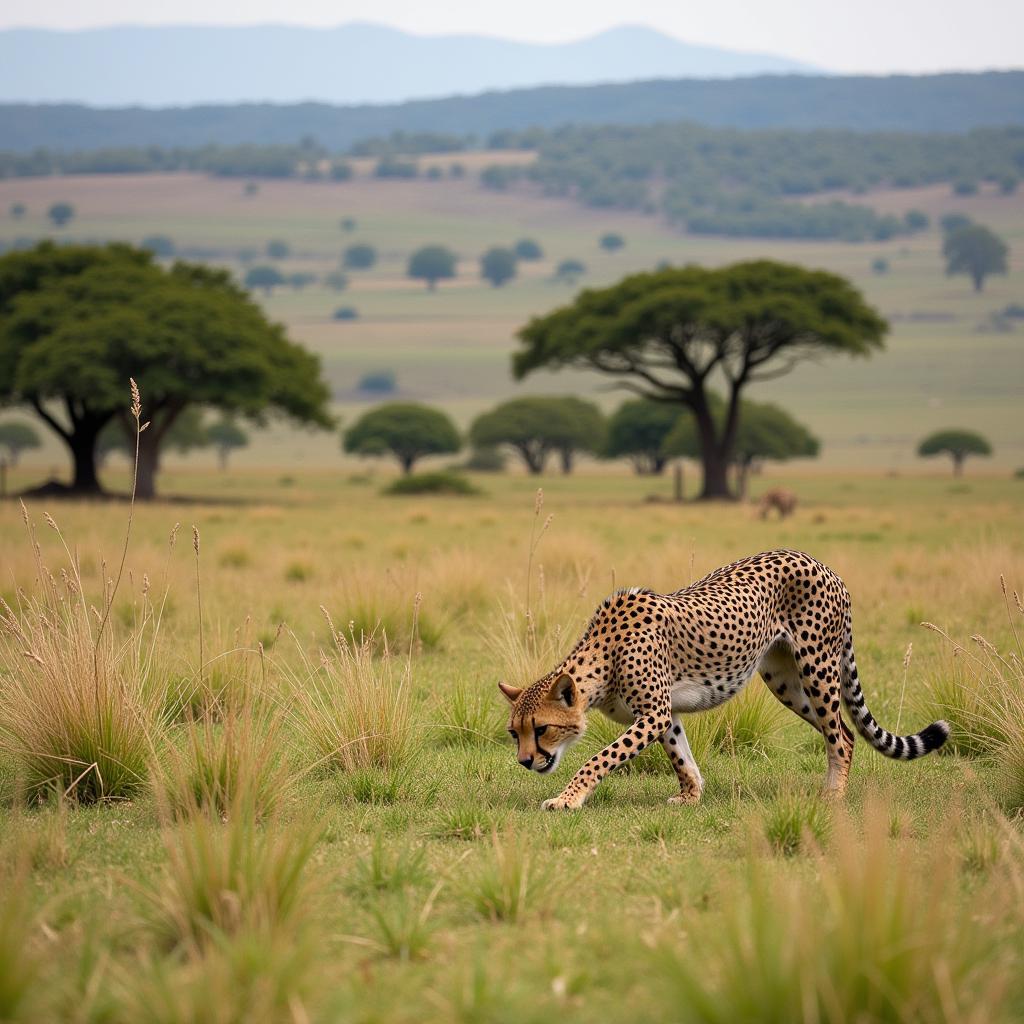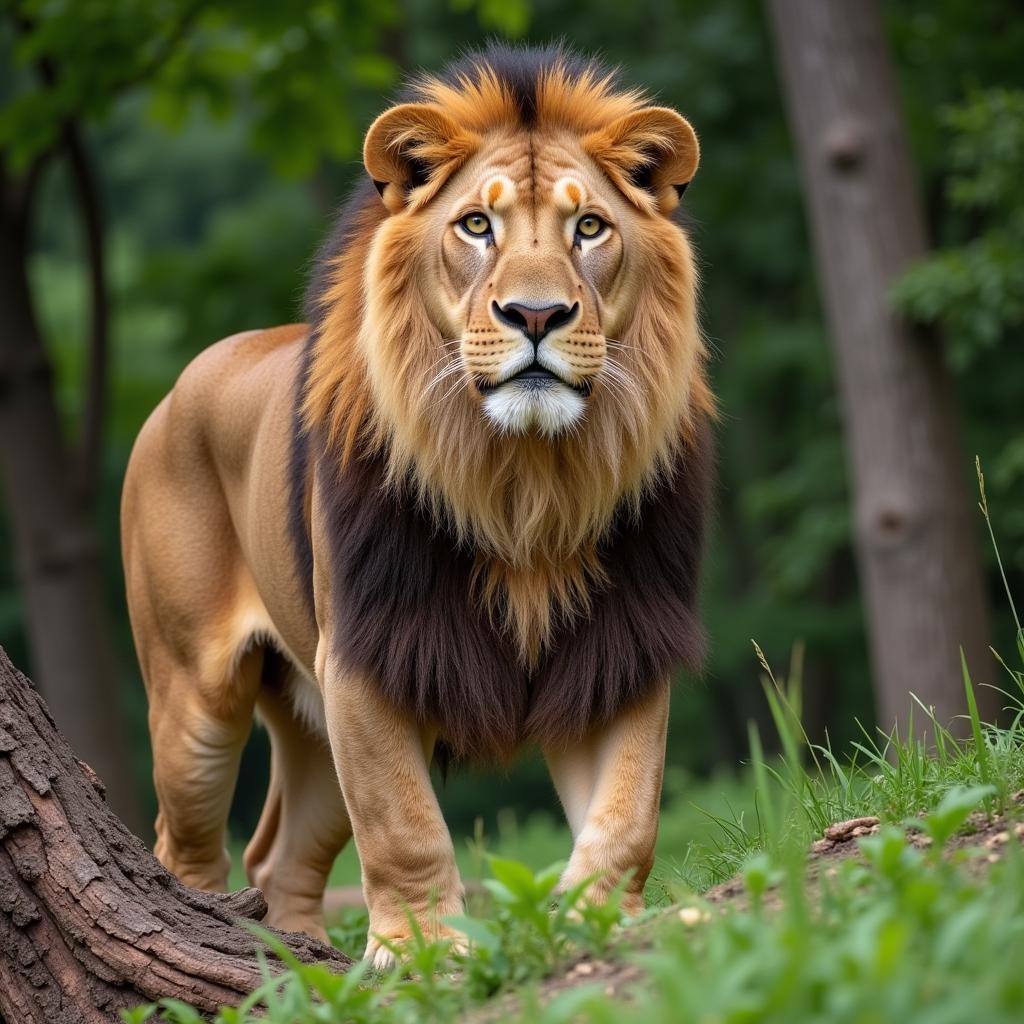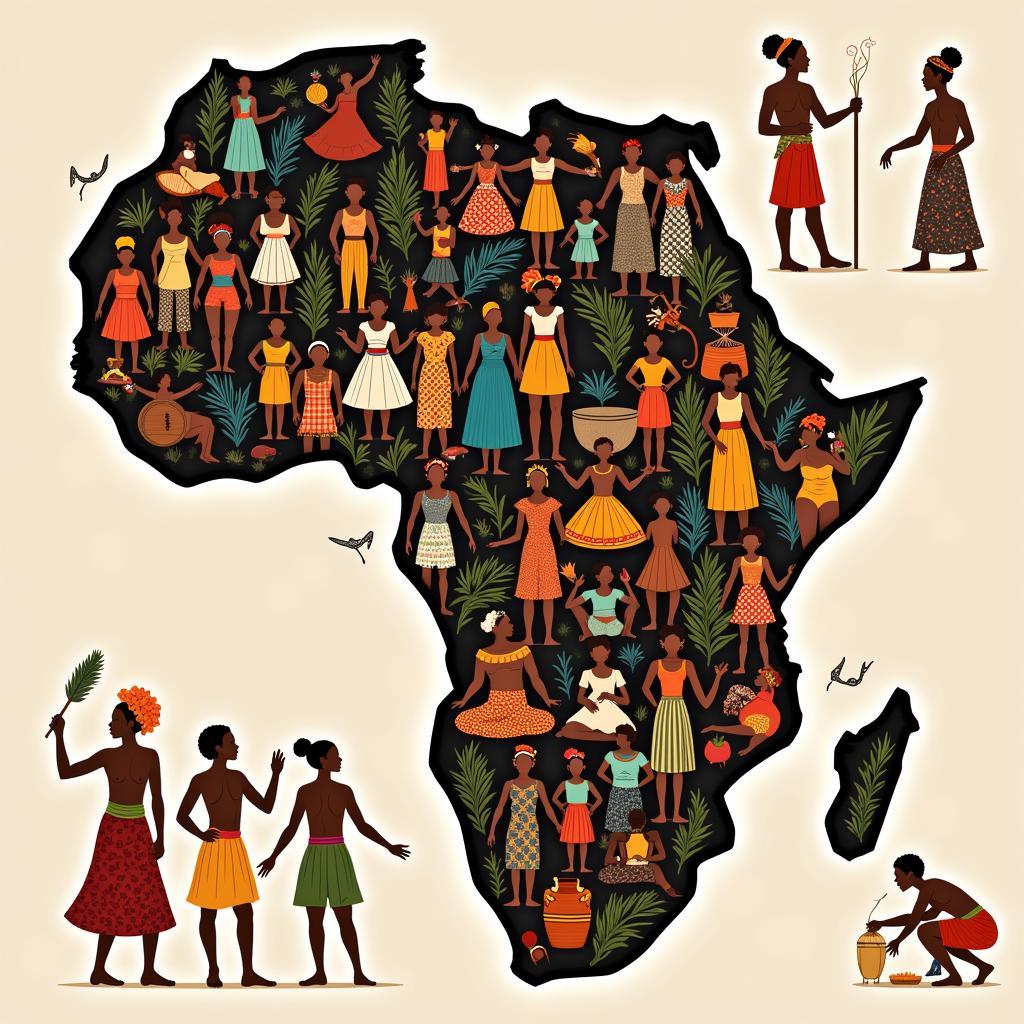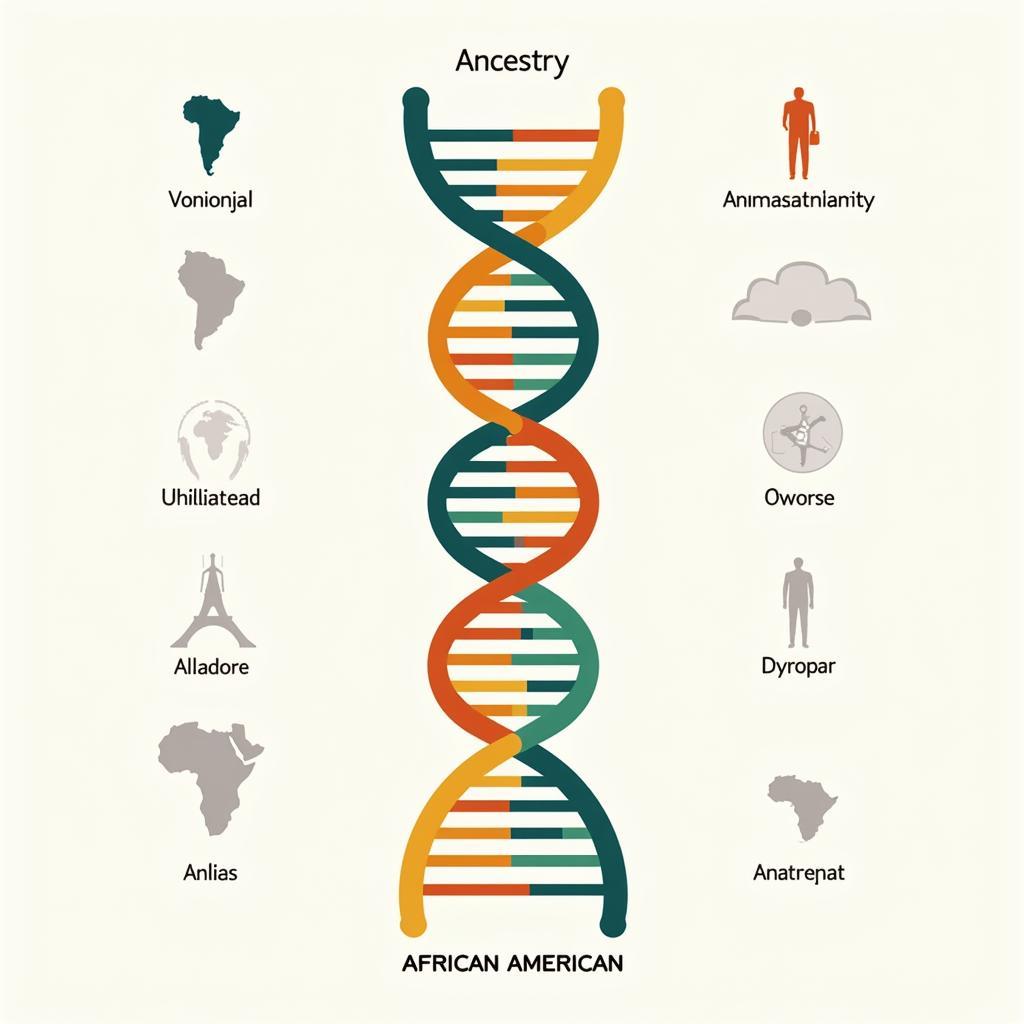African Cheetahs to Prowl Indian Forests
African cheetahs are set to make a historic return to India after decades of absence. This ambitious project aims to reintroduce the world’s fastest land animal to its former hunting grounds, raising hopes for conservation and ecological balance. The translocation of cheetahs from Namibia and South Africa marks a significant milestone in global wildlife conservation efforts.
A New Dawn for Cheetahs in India
The reintroduction of African cheetahs to India is a complex undertaking, fraught with challenges and opportunities. The project signifies more than just bringing back a majestic species; it’s about restoring a vital link in the ecological chain. India was once home to Asiatic cheetahs, declared extinct in 1952. This reintroduction, using a closely related subspecies, represents a second chance for these magnificent creatures to thrive on Indian soil. The chosen location for the reintroduction is Kuno National Park, a protected area carefully selected for its suitability to cheetah habitat.
Addressing the Challenges of Reintroduction
Relocating cheetahs across continents is a delicate process. Experts are meticulously planning every aspect of the journey, from capturing and transporting the animals to ensuring their successful acclimatization to their new environment. One of the major concerns is the potential for conflict with existing predators, such as leopards and tigers. Researchers are developing strategies to minimize these risks and ensure the cheetahs can establish a stable population. Another crucial aspect is community engagement. Educating local communities about the importance of cheetah conservation and mitigating potential human-wildlife conflict will be vital for the long-term success of the project.
What are the key challenges in reintroducing cheetahs to India? Ensuring the cheetahs adapt to their new environment, minimizing conflict with existing predators, and fostering community support are crucial for the project’s success.
The initial group of cheetahs consists of individuals carefully selected for their genetic diversity and adaptability. These pioneers will play a critical role in establishing a new cheetah lineage in India. Ongoing monitoring and research will be essential to track their progress, understand their behavior, and refine conservation strategies.
Why African Cheetahs?
Why choose African cheetahs for reintroduction to India? With the Asiatic cheetah extinct, the African subspecies, genetically similar, offers the best chance for restoring the ecological role cheetahs once played.
 Cheetah exploring its new home in Kuno National Park, India
Cheetah exploring its new home in Kuno National Park, India
The Ecological Importance of Cheetahs
Cheetahs, as apex predators, play a crucial role in maintaining the balance of the ecosystem. Their presence helps regulate prey populations, preventing overgrazing and promoting biodiversity. The reintroduction of cheetahs is expected to have a cascading positive effect on the entire food web, contributing to a healthier and more resilient ecosystem in Kuno National Park. This project also highlights the importance of international collaboration in conservation efforts, demonstrating that global challenges require global solutions.
The Future of Cheetahs in India
The success of this ambitious project will depend on continued dedication, scientific research, and community support. It offers a beacon of hope for cheetah conservation and provides a powerful example of how humans can work together to restore ecological balance.
Dr. Asani Mtembezi, a renowned wildlife biologist specializing in cheetah conservation, emphasizes, “This reintroduction isn’t just about the cheetahs; it’s about restoring the ecological integrity of India’s landscapes.”
The return of African Cheetahs To Prowl Indian Forests is a testament to human ingenuity and our commitment to preserving biodiversity. This project signifies a new chapter in the story of cheetahs, offering a glimmer of hope for their future and a valuable lesson in the power of collaborative conservation.
Conclusion
The reintroduction of African cheetahs to prowl Indian forests marks a significant step in global conservation. This project, fraught with challenges and fueled by hope, aims to restore a vital piece of India’s ecological puzzle. With continued effort and collaboration, we can ensure a bright future for these magnificent creatures in their new home.
FAQ
- Why are African cheetahs being introduced to India? Because the Asiatic cheetah is extinct.
- Where will the cheetahs be reintroduced? Kuno National Park.
- What are the main challenges of this project? Adapting to the environment, predator conflict, and community engagement.
- What is the ecological importance of cheetahs? They regulate prey populations and promote biodiversity.
- How will the project’s success be measured? Through ongoing monitoring and research.
- What are the long-term goals? To establish a self-sustaining cheetah population in India.
- How can I support this project? Stay informed and support organizations involved in cheetah conservation.
Kêu gọi hành động: Khi cần hỗ trợ hãy liên hệ Số Điện Thoại: +255768904061, Email: kaka.mag@gmail.com Hoặc đến địa chỉ: Mbarali DC Mawindi, Kangaga, Tanzania. Chúng tôi có đội ngũ chăm sóc khách hàng 24/7.



